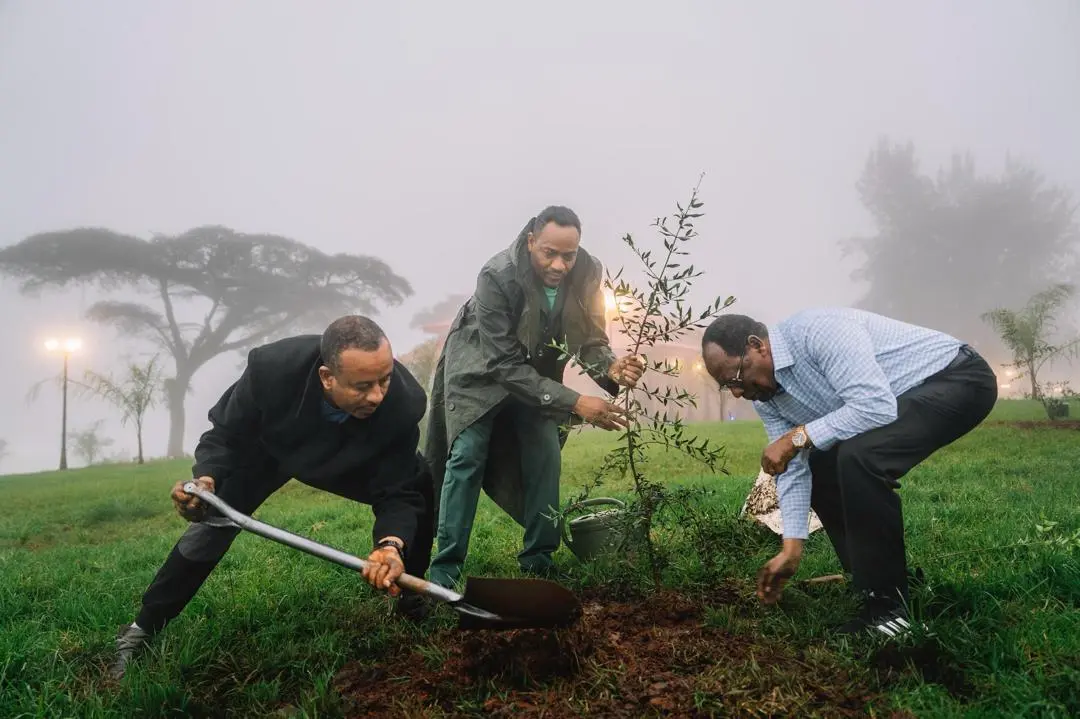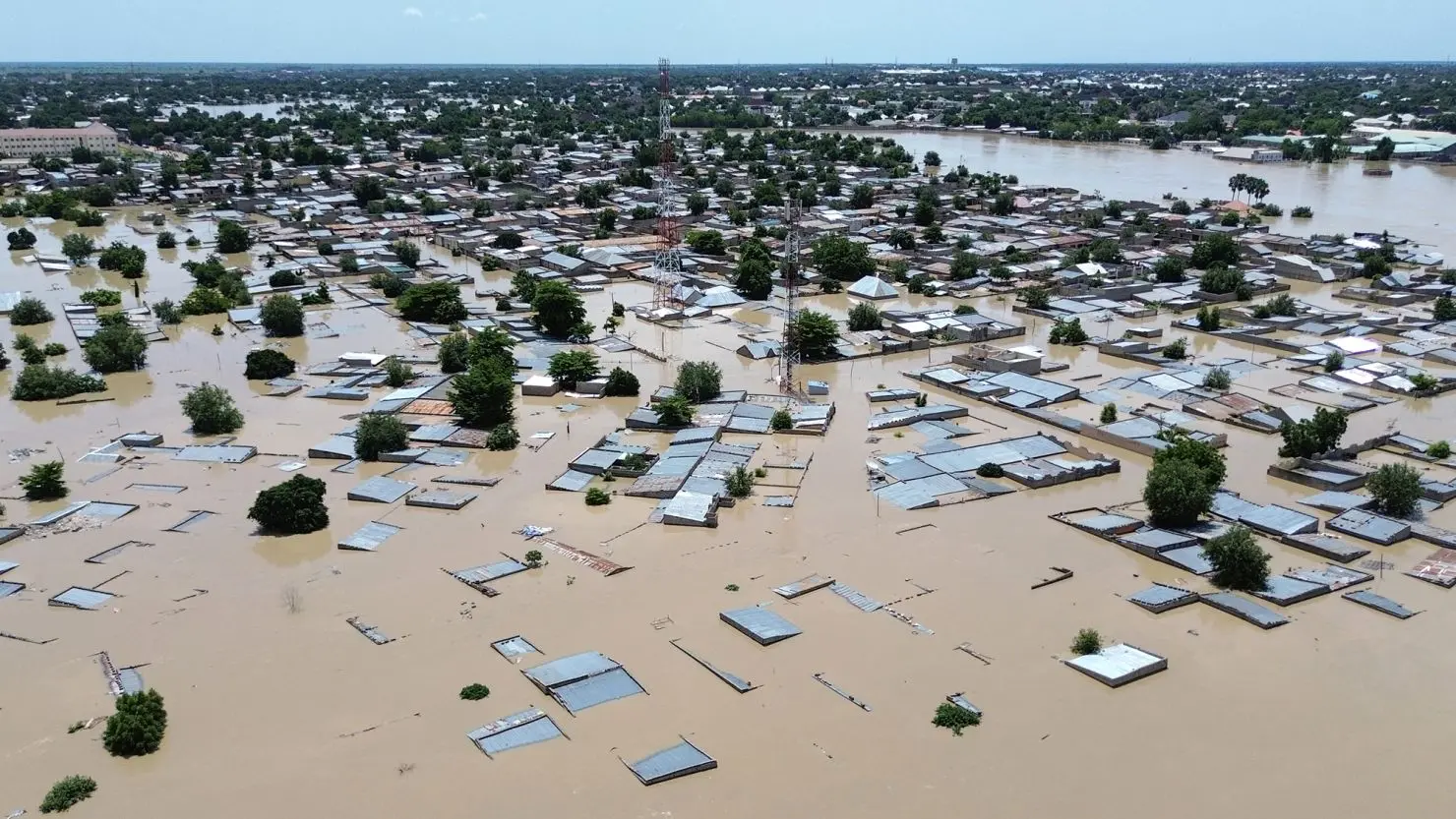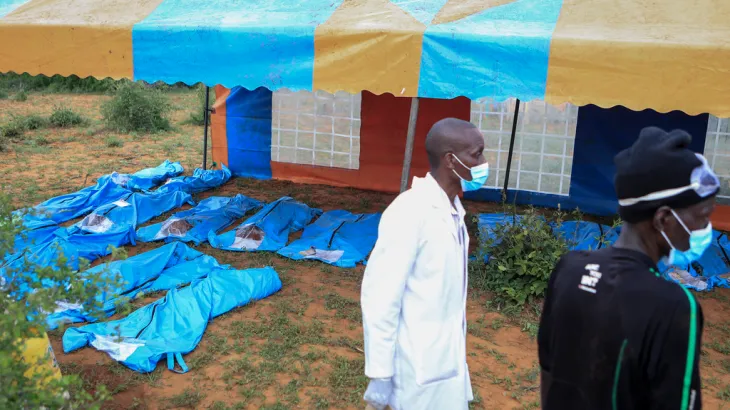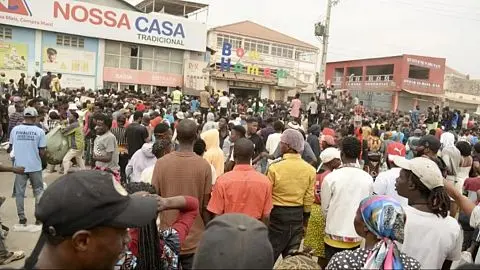U.S. Aid Cuts Deepen Economic and Humanitarian Crisis in Northeast Nigeria

Photo: Africa Radar
May 2, 2025 Hour: 2:03 pm
The abrupt withdrawal of international funding, particularly the stop-work orders issued by the United States, is severely impacting humanitarian operations and local economies in Maiduguri, a critical hub for aid efforts combating Boko Haram’s insurgency.
Once a beacon of economic revival, Maiduguri had witnessed significant growth due to NGO-driven investments, creating thousands of jobs and bolstering the service sector. However, the sudden pullback of funding from USAID has triggered a wave of layoffs, declining business revenues, a collapsing real estate market, and diminishing state tax income.
The Looming Threat of Instability
Although there are hopes to restore pre-insurgency economic activities, experts warn that continued territorial gains by ISWAP and Boko Haram could drag northeast Nigeria back into the extreme insecurity that plagued the region a decade ago. Rural displacement, food shortages, and economic collapse loom as immediate risks.
Humanitarian Consequences
With critical aid programs disrupted, vulnerable populations, particularly displaced persons and conflict-affected communities, are facing severe food insecurity and reduced access to essential services. The cuts threaten to reverse hard-fought progress in stabilizing the region, raising concerns over the long-term consequences of diminished international support.
As tensions mount, humanitarian organizations and local leaders are urging the global community to intervene and prevent Nigeria’s northeast from sliding further into crisis.
Author: OSG
Source: AllAfrica






